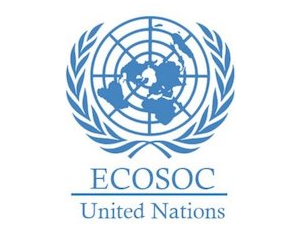This study published in Annals of Global Health found different levels of agreement between partners across economic regions of the world when compared with existing global health competencies. By gaining insight into host partners’ perceptions of desired competencies, global health education programs in LMICs can be more collaboratively and ethically designed to meet the priorities, needs, and expectations of those stakeholders. This study begins to shift the paradigm of global health education program design by encouraging North–South/East–West shared agenda setting, mutual respect, empowerment, and true collaboration.
Files:





